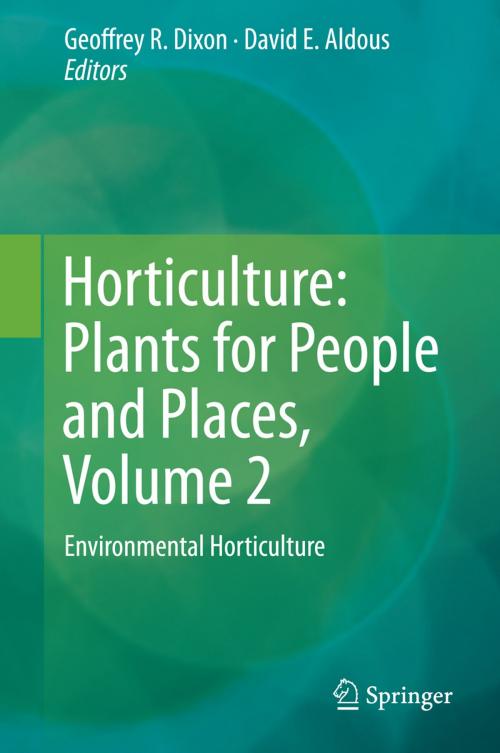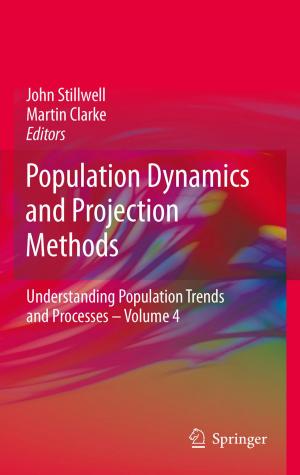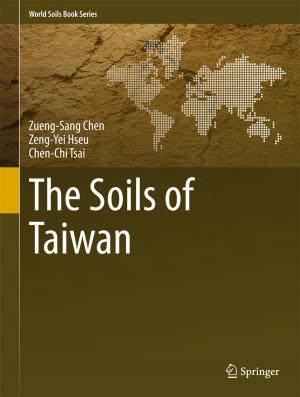Horticulture: Plants for People and Places, Volume 2
Environmental Horticulture
Nonfiction, Science & Nature, Technology, Food Industry & Science, Agriculture & Animal Husbandry| Author: | ISBN: | 9789401785815 | |
| Publisher: | Springer Netherlands | Publication: | June 10, 2014 |
| Imprint: | Springer | Language: | English |
| Author: | |
| ISBN: | 9789401785815 |
| Publisher: | Springer Netherlands |
| Publication: | June 10, 2014 |
| Imprint: | Springer |
| Language: | English |
This Trilogy explains “What is Horticulture?”. Volume two of Horticulture: Plants for People and Places analyses in depth the scientific, managerial and ecological concepts which underpin Environmental Horticulture. Chapters describe: Horticulture and the Environment, Woody Ornamentals, Herbs and Pharmaceuticals, Urban Greening, Rural Trees, Urban Trees, Turfgrass Science, Interior and External Landscaping, Biodiversity, Climate Change and Organic Production. Each is written by leading international experts. Sustainable use of resources and careful conservation are critically essential for the continuation of life on this Planet. Achieving this is where horticulture, natural flora and fauna and the environment interact in achieving sustainable development. Horticulture is the fundamental partner of ecological and environmental science and provides an understanding of eco-system services. Live plant networks are essential for rural and urban life. They are integral parts of natural communities, the context of historic and modern architecture and a means for rejuvenating cities and uniting communities. Plants provide urban, peri-urban and rural employment, business and tourism opportunities, leisure, rest and relaxation. These facets of Environmental Horticulture are clearly described in this book.
This Trilogy explains “What is Horticulture?”. Volume two of Horticulture: Plants for People and Places analyses in depth the scientific, managerial and ecological concepts which underpin Environmental Horticulture. Chapters describe: Horticulture and the Environment, Woody Ornamentals, Herbs and Pharmaceuticals, Urban Greening, Rural Trees, Urban Trees, Turfgrass Science, Interior and External Landscaping, Biodiversity, Climate Change and Organic Production. Each is written by leading international experts. Sustainable use of resources and careful conservation are critically essential for the continuation of life on this Planet. Achieving this is where horticulture, natural flora and fauna and the environment interact in achieving sustainable development. Horticulture is the fundamental partner of ecological and environmental science and provides an understanding of eco-system services. Live plant networks are essential for rural and urban life. They are integral parts of natural communities, the context of historic and modern architecture and a means for rejuvenating cities and uniting communities. Plants provide urban, peri-urban and rural employment, business and tourism opportunities, leisure, rest and relaxation. These facets of Environmental Horticulture are clearly described in this book.















